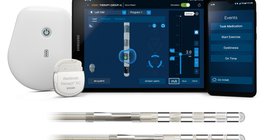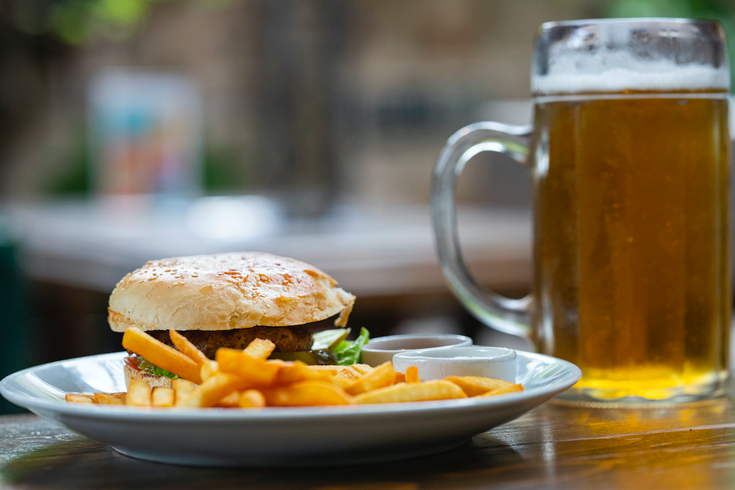
July 23, 2020
 Engin Akyurt/Pexels.com
Engin Akyurt/Pexels.com
Businesses in Pennsylvania only can serve alcoholic beverages to patrons if a meal is purchased during the duration of a visit, according to clarifying guidelines released by the PLCB. The rules are part of a targeted COVID-19 mitigation strategy across the state.
Pennsylvania restaurants and bars will not be permitted to serve patrons snacks in order to comply with updated regulations released designed to curb the spread of COVID-19, according to more detailed guidelines released on Tuesday.
The Pennsylvania Liquor Control Board clarified rules announced last week by Gov. Tom Wolf, who had required bars and restaurants to serve food to anyone purchasing alcoholic beverages, whether indoors or outdoors.
The clarifying guidance applies to restaurants, bars, retail dispensers and hotel licensees; club and catering club licensees; brewery, distillery, limited distillery, winery and limited winery licensees; and golf course licensees.
Below is a summary of the guidance:
• Sales of alcohol for on-premises consumption are only permissible as part of a larger transaction that includes a meal purchase. The term "meal" is defined in section 406 of the Pennsylvania Liquor Code as "food prepared on the premises, sufficient to constitute breakfast, lunch or dinner." The definition expressly states that a snack, such as pretzels, popcorn, chips, or similar food, does not meet the definition of a meal.
• A customer who wishes to consume alcohol on premise must also purchase a meal; a group of customers who wish to consume alcohol on premises may do so as long as a meal is part of the purchase made by the group.
• Additional drinks may be purchased while the customer is consuming the meal, but no further drinks may be purchased after the meal is finished.
• Bar service is prohibited altogether.
• For Pennsylvania manufacturers (breweries, distilleries and wineries), meals may be provided by the licensee or by a third party, such as a food truck.
• Casinos may no longer provide drink service on the casino floor.
• If a club does not sell food, either directly or through a concessionaire, it cannot use its liquor license.
• Wolf's additional order directing targeted mitigation measures specifically prohibits businesses that meet the definition of a "nightclub" under the Clear Indoor Air Act from operating.
In addition to these requirements, the state reduced the occupancy limit from 50% to 25% of capacity based on the fire code. Specific indoor events must be limited to 25 people, including staff.
Outdoor events and gatherings of more than 250 people remain prohibited.
The tougher guidelines were announced amid an uptick in COVID-19 cases in various parts of Pennsylvania, as well as larger surges across the United States.
In Philadelphia, all indoor dining remains prohibited as the city sticks to a modified green phase of the state's COVID-19 reopening process.